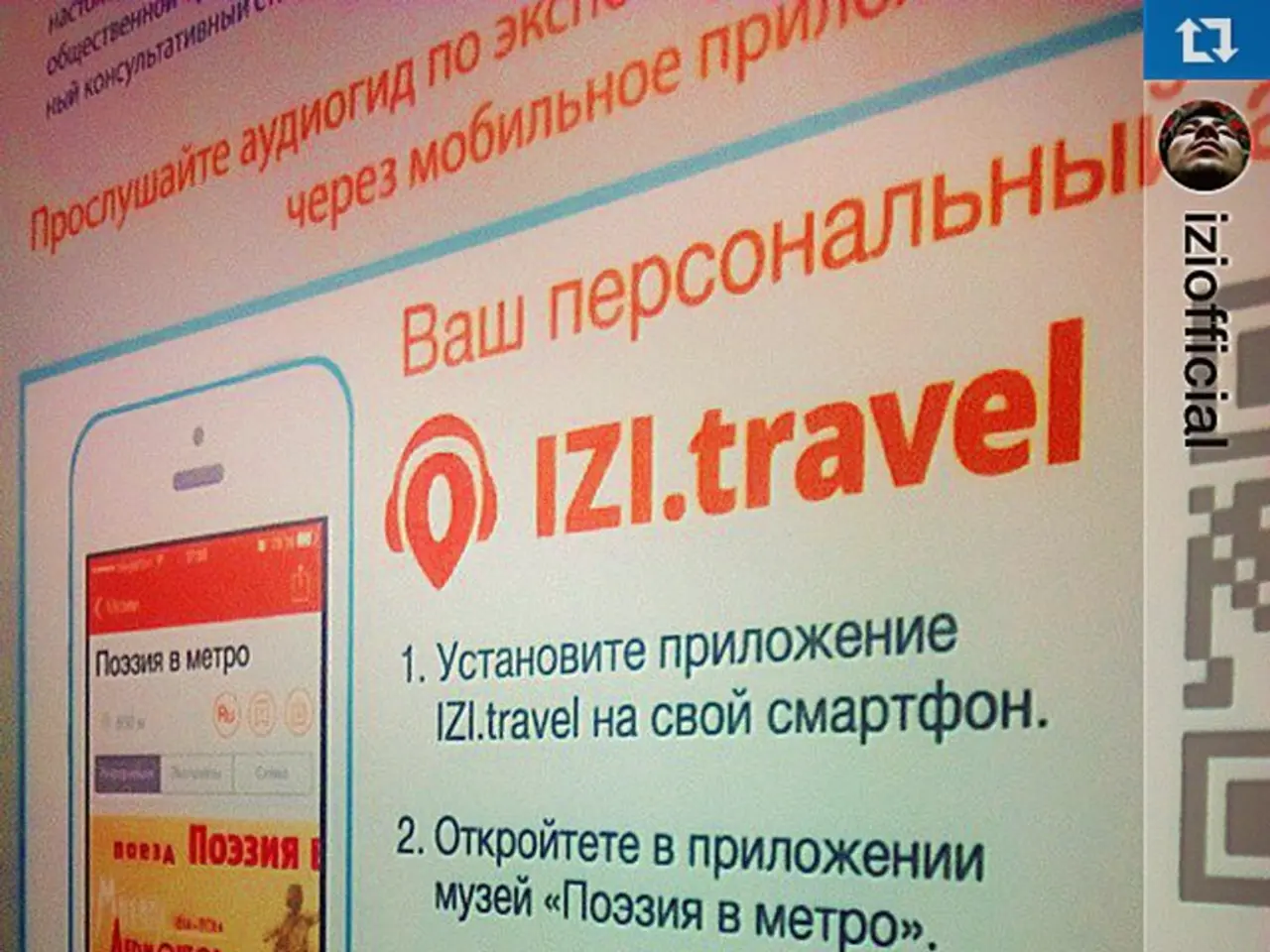Business proprietors enlisting remote employees and freelancers to tackle increases in national social security payments
Rising Employer National Insurance Contributions Impact Small Business Hiring
The increase in employer National Insurance Contributions (NICs) in the UK, effective from April 2025, is set to increase employment costs for small businesses. The rate has risen from approximately 13.8% to 15%, and the secondary threshold has been significantly lowered from £9,100 to £5,000.
This change will have a significant impact on small businesses, particularly on the hiring of low-paid or part-time employees. Employers now face additional NICs costs of approximately £600-900 annually per £50,000 salary due to the 1.25 percentage point increase and lowered thresholds.
The liability now starts at lower earnings, making part-time and entry-level hires more expensive relative to before. Although the Employment Allowance, a relief to reduce NICs bills, has increased from £5,000 to £10,500 and eligibility thresholds have been adjusted, it may only partially offset these extra costs.
Given these cost increases, small businesses might reduce hiring or scale back workforce expansion, particularly for lower-wage or part-time roles where NIC costs have risen disproportionately. They may also consider shifting recruitment strategies to favor higher productivity or automation, given the higher statutory employment costs. Reassessing budgets and compensation packages to absorb or mitigate the increased NIC burden is another strategy being considered.
To manage rising employment expenses, small businesses are increasingly turning to alternatives like hiring freelancers, contractors, or virtual assistants (VAs) instead of full-time employees. Contractors are generally responsible for their own tax and NICs, which can reduce the employer’s statutory payroll costs. Virtual assistants, often hired remotely, can handle administrative or specialized tasks on a flexible basis without incurring employer NICs.
Using umbrella companies or employment intermediaries that can sometimes optimize NIC/tax liabilities within legal frameworks is another option. These alternatives offer more cost-effective, scalable workforce solutions for small businesses facing higher statutory employment costs, enabling them to maintain operational capacity while minimising the impact of NIC increases.
Recent data suggests that the number of payrolled employees fell by 169,000 between June 2024 and June 2025, with some firms not recruiting new workers or replacing those who have left. The number of vacant roles is down 145,000 from a year ago. The biggest fall was among 25-34 year olds, down by 106,000 since July 2024.
Inflation is stubborn and adding to the burden for small businesses. Some business owners are trying their best to rein in costs, while others may be forced to close entirely, with the hospitality industry facing the biggest casualties. The Chancellor could raise taxes on businesses again in the Autumn Statement, as the worsening economic picture takes its toll on growth.
The rise in NICs has been strongly criticised by supermarkets and hospitality chains, who argue that it comes at a time when the minimum wage is also being increased. Matt Howard, head of the insolvency and recovery team at Price Bailey, stated that the tax and minimum wage hikes are already tipping some struggling pubs over the edge.
Sources: [1] BBC News (2025) [online] Available at: https://www.bbc.co.uk/news/business-59236549 [2] The Guardian (2025) [online] Available at: https://www.theguardian.com/business/2025/apr/01/small-businesses-face-higher-costs-as-national-insurance-contributions-rise [3] The Telegraph (2025) [online] Available at: https://www.telegraph.co.uk/business/2025/03/31/small-businesses-face-higher-national-insurance-contributions/ [5] The Independent (2025) [online] Available at: https://www.independent.co.uk/business/news/small-businesses-national-insurance-rise-b2108077.html
- The rise in National Insurance Contributions (NICs) in the UK, specifically impacting small businesses, might prompt them to reconsider their investing strategies, as they seek to balance employment costs with maintaining operational capacity.
- Small businesses, facing a higher tax burden due to the increase in employer NICs, could potentially turn towards the property industry for alternative workforce solutions, such as hiring freelancers, contractors, or using virtual assistants (VAs).
- In the finance sector, small businesses may explore options like utilizing umbrella companies or employment intermediaries to optimize their NIC and tax liabilities within legal frameworks, fostering a more cost-effective, flexible workforce.
- The rise in employer NICs and the minimum wage has led to a contentious debate within the industry, particularly among supermarkets and hospitality chains, who argue that these increases could adversely affect small businesses, potentially driving some to close during challenging economic times.




